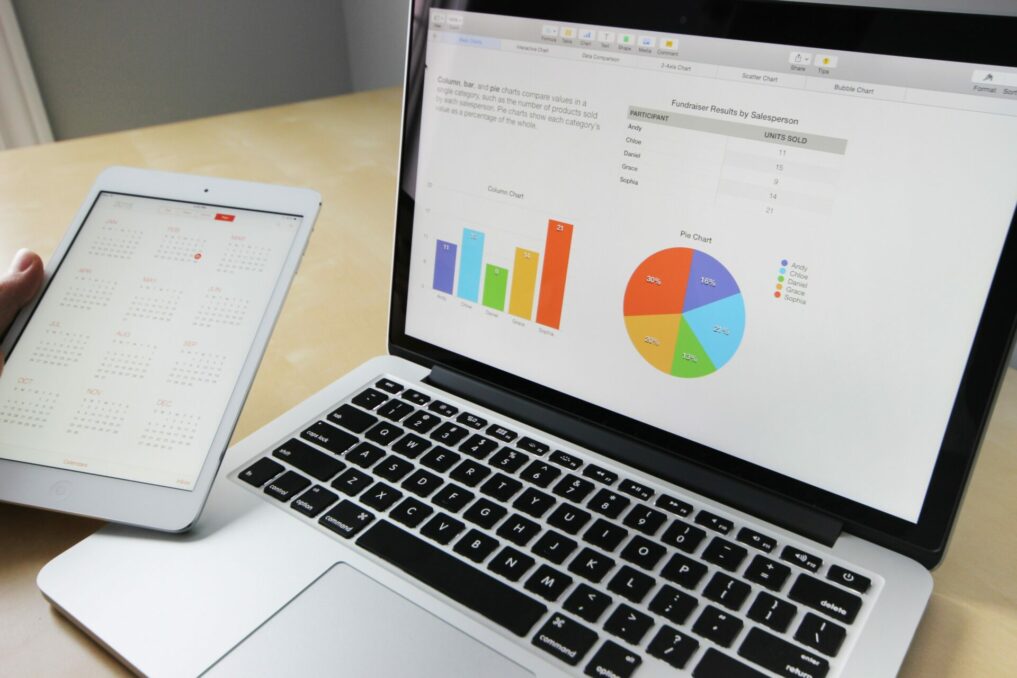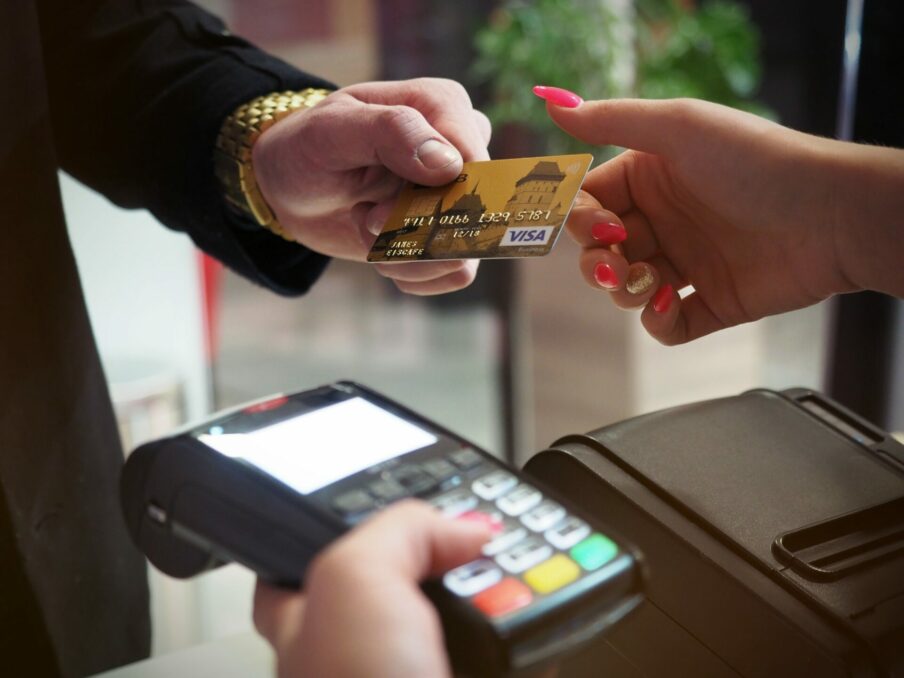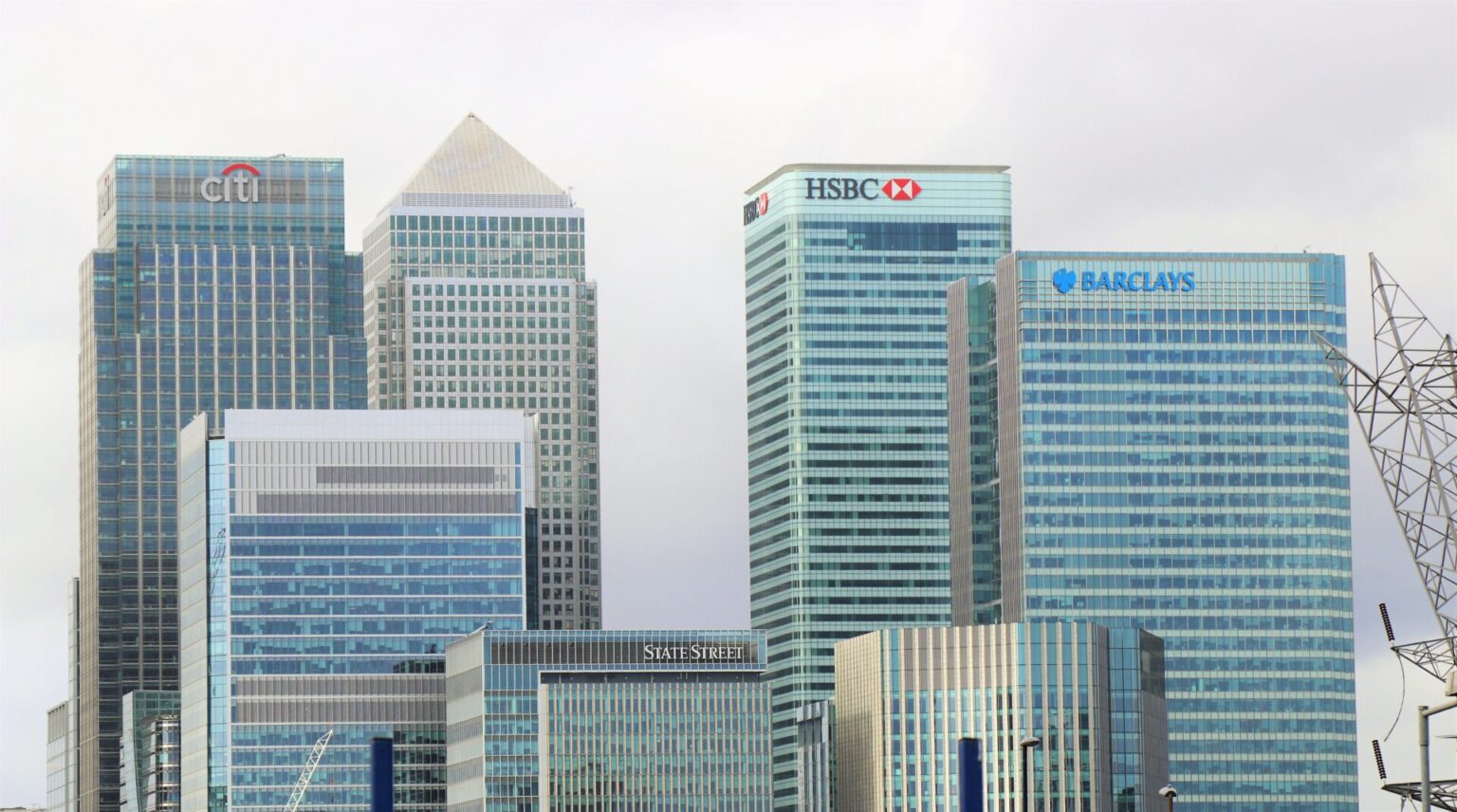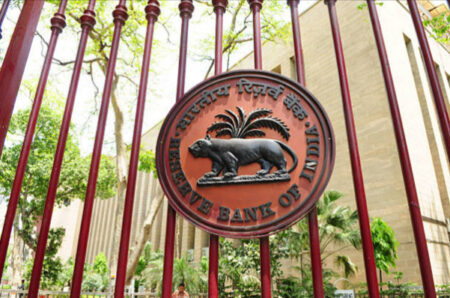HDFC-HDFC Bank boards will convene on June 30 to proceed with the merger, following regulatory approvals on July 1. Deepak Parekh, Chairman of HDFC, confirmed the development, indicating a significant step towards the consolidation. The meeting aims to finalise the merger details, marking a crucial milestone in the process.
Boards to Meet for Merger Approval
The boards of HDFC-HDFC Bank are scheduled to convene on June 30 to finalise the merger plans after receiving necessary approvals from regulatory bodies.
Deepak Parekh, Chairman of HDFC, announced the upcoming meeting, marking a significant milestone in the consolidation process.
The upcoming board meetings of HDFC-HDFC Bank on June 30, where the merger is expected to be officially approved. With the necessary regulatory clearances already obtained, the merger process is moving forward smoothly.
The effective date of the merger is set for July 1, indicating the imminent consolidation of the two financial entities. This timeline provides readers with a clear understanding of the merger process.

Effective Date and Share Performance
The merger between HDFC-HDFC Bank is slated to become effective on July 1. As this news broke, HDFC shares experienced a notable surge of 2.3% on Tuesday, the highest increase since early May. Additionally, Chairman Deepak Parekh revealed that HDFC securities would cease trading on July 13, with the merged entity expected to begin trading on July 17.
The positive market response to the merger announcement, as HDFC shares surged by as much as 2.3% on the day of the news. This increase in share value reflects investor optimism and confidence in the merger’s potential benefits.
Additionally, Chairman Deepak Parekh reveals that HDFC-HDFC bank securities will stop trading on July 13, indicating the transition phase leading up to the merged entity’s trading debut.
Regulatory Relief and Merger Details
In April, the Reserve Bank of India granted selective regulatory relief to HDFC Bank to facilitate the merger process. The transaction, regarded as the largest in India’s corporate history, involves HDFC Bank acquiring the country’s largest mortgage lender, Housing Development Finance Corporation (HDFC).
The Reserve Bank of India (RBI) granted selective regulatory relief to HDFC Bank in April to facilitate a smooth merger process. This regulatory support further solidifies the legitimacy and feasibility of the merger.
The article also explains the terms of the merger, with HDFC-HDFC Bank allocating 42 new shares for every 25 shares of HDFC. This exchange ratio ensures a fair and proportional distribution of shares to shareholders of both companies. These details shed light on the regulatory environment and the terms of the merger agreement.

Merger Terms and Future Outlook
Under the merger terms, HDFC Bank will issue 42 new shares for every 25 shares of HDFC. The mortgage lender has committed to coordinating the record date to minimise any trading gap between the suspension of HDFC shares and the allocation of HDFC Bank shares to its shareholders.
Following the merger’s completion, HDFC Bank will be entirely owned by public shareholders, with existing HDFC shareholders holding a 41% stake in the bank.
The merger is expected to create a financial services powerhouse, boasting a combined asset base of approximately ₹18 lakh crore. Market analysts, such as Pankaj Pandey, head of research at ICICI Securities, emphasise HDFC Bank’s significance in the banking space, as portfolio and fund managers would not risk overlooking its value.
The significance of the HDFC-HDFC Bank merger, branding it as the biggest transaction in India’s corporate history. The merger is expected to create a financial services titan and position HDFC Bank as a systemically important and major franchise in the banking space.
Analysts, such as Pankaj Pandey, head of research at ICICI Securities, highlight the significance of HDFC Bank in the portfolio of fund managers, underscoring the potential benefits and value of the merged entity.












